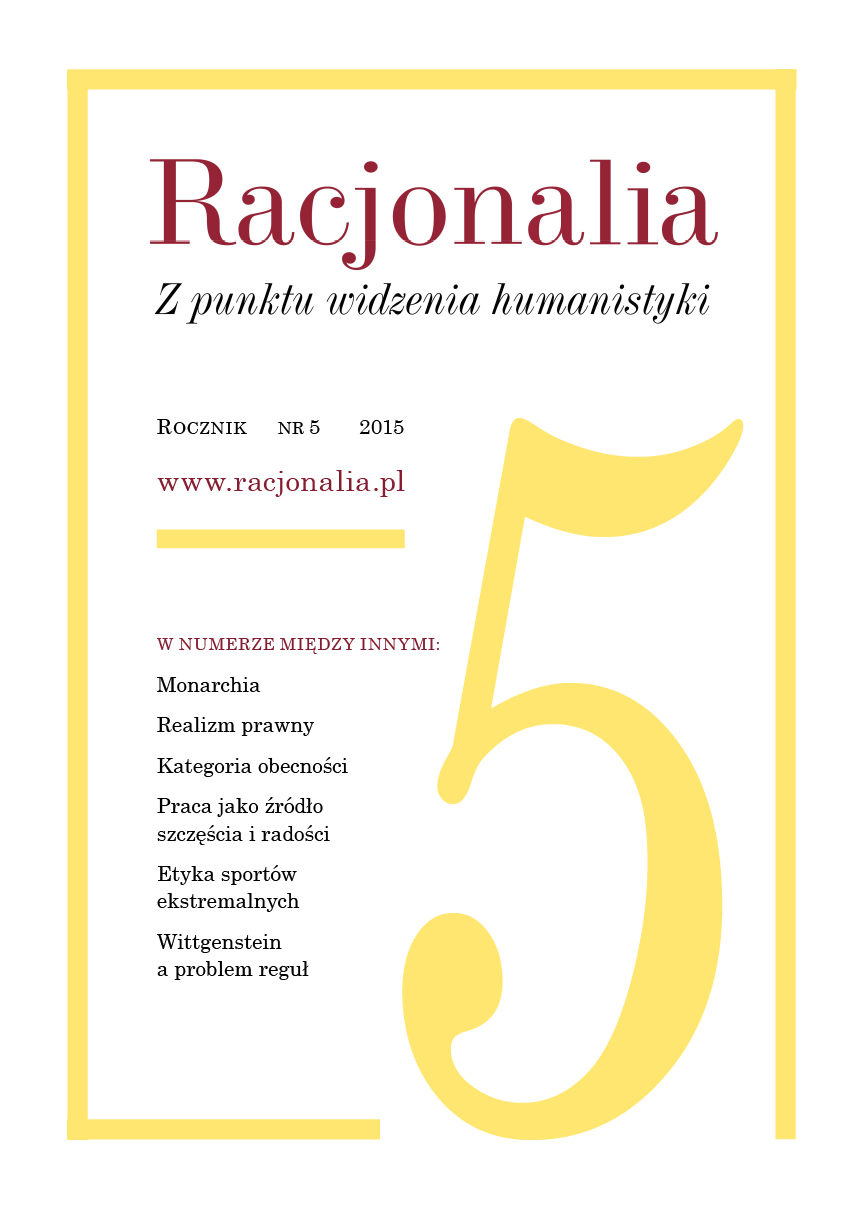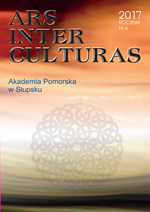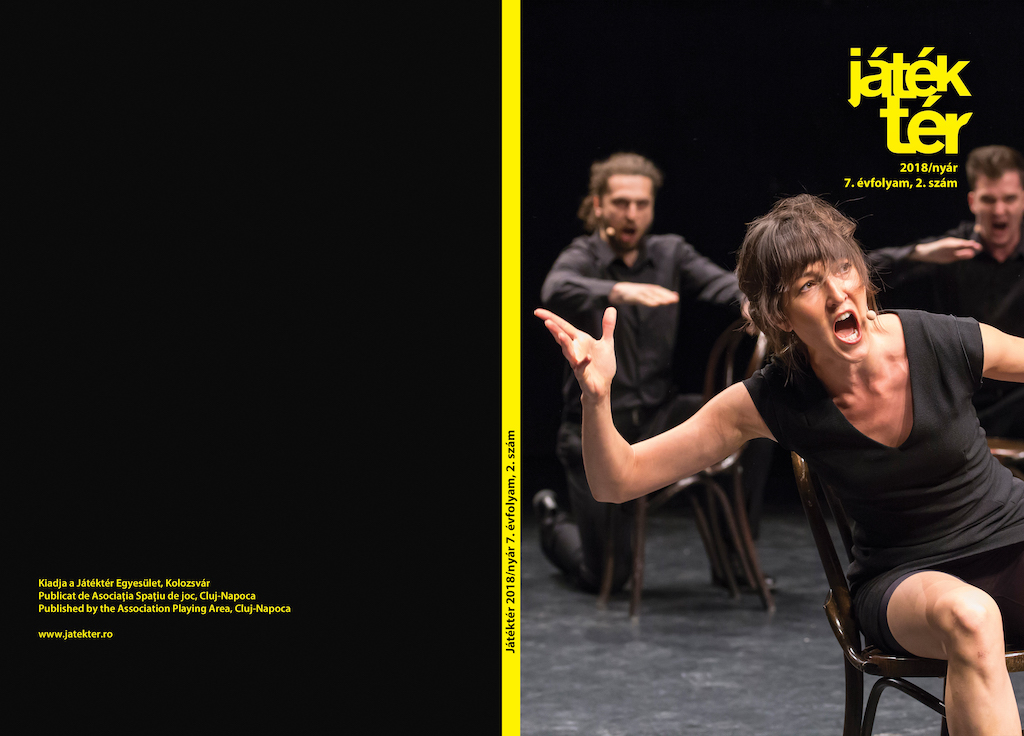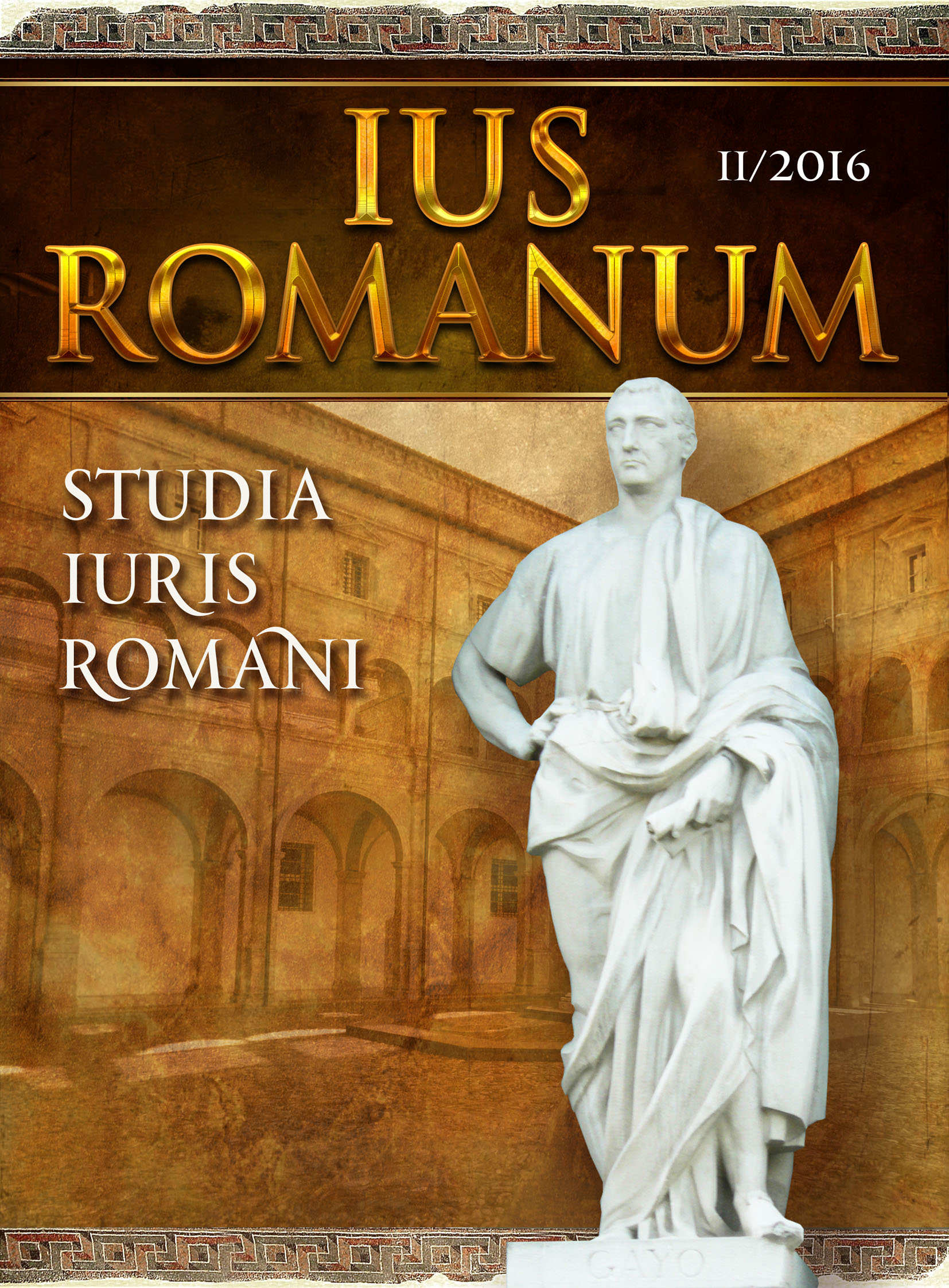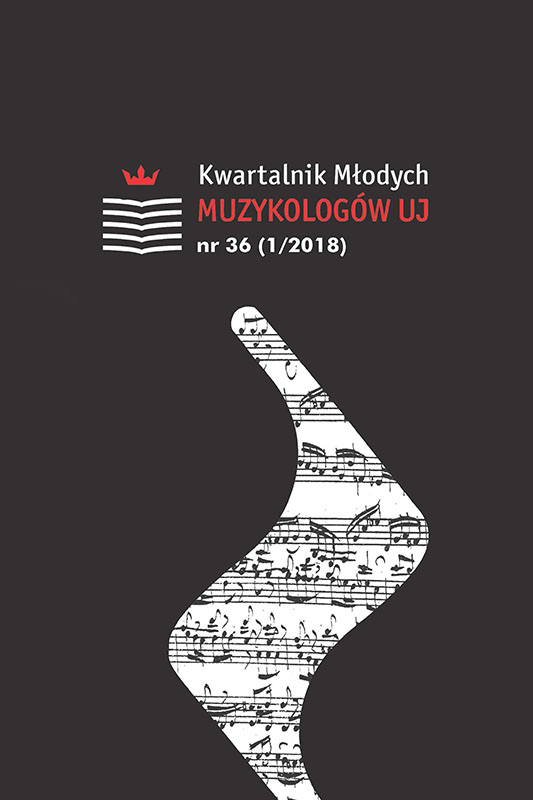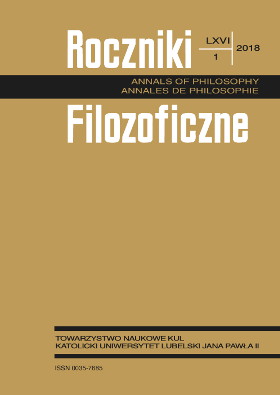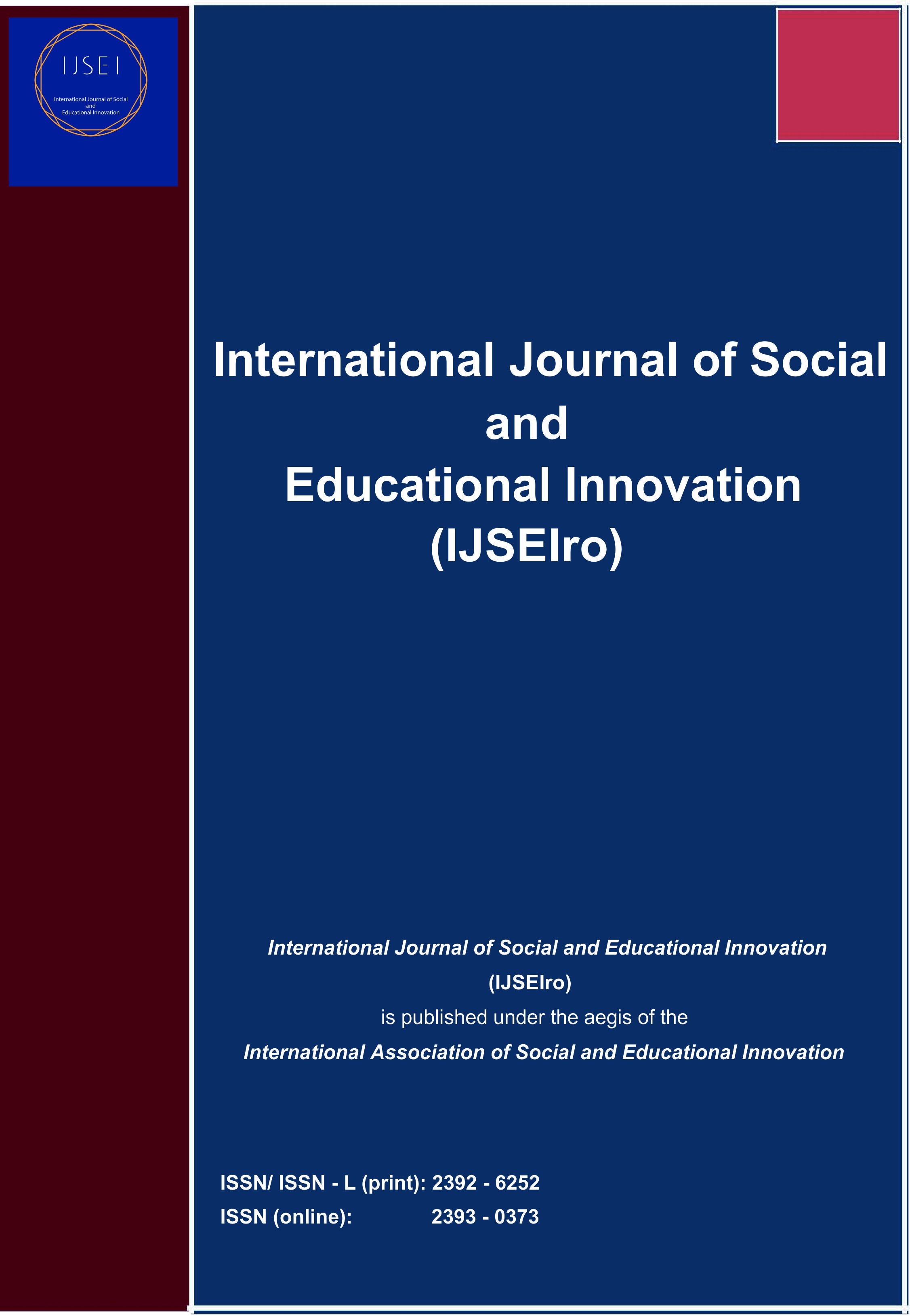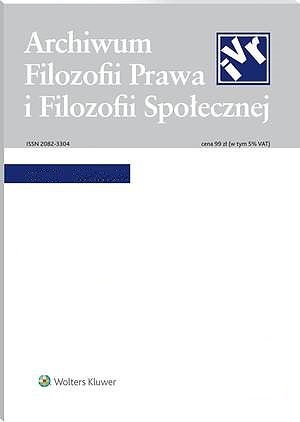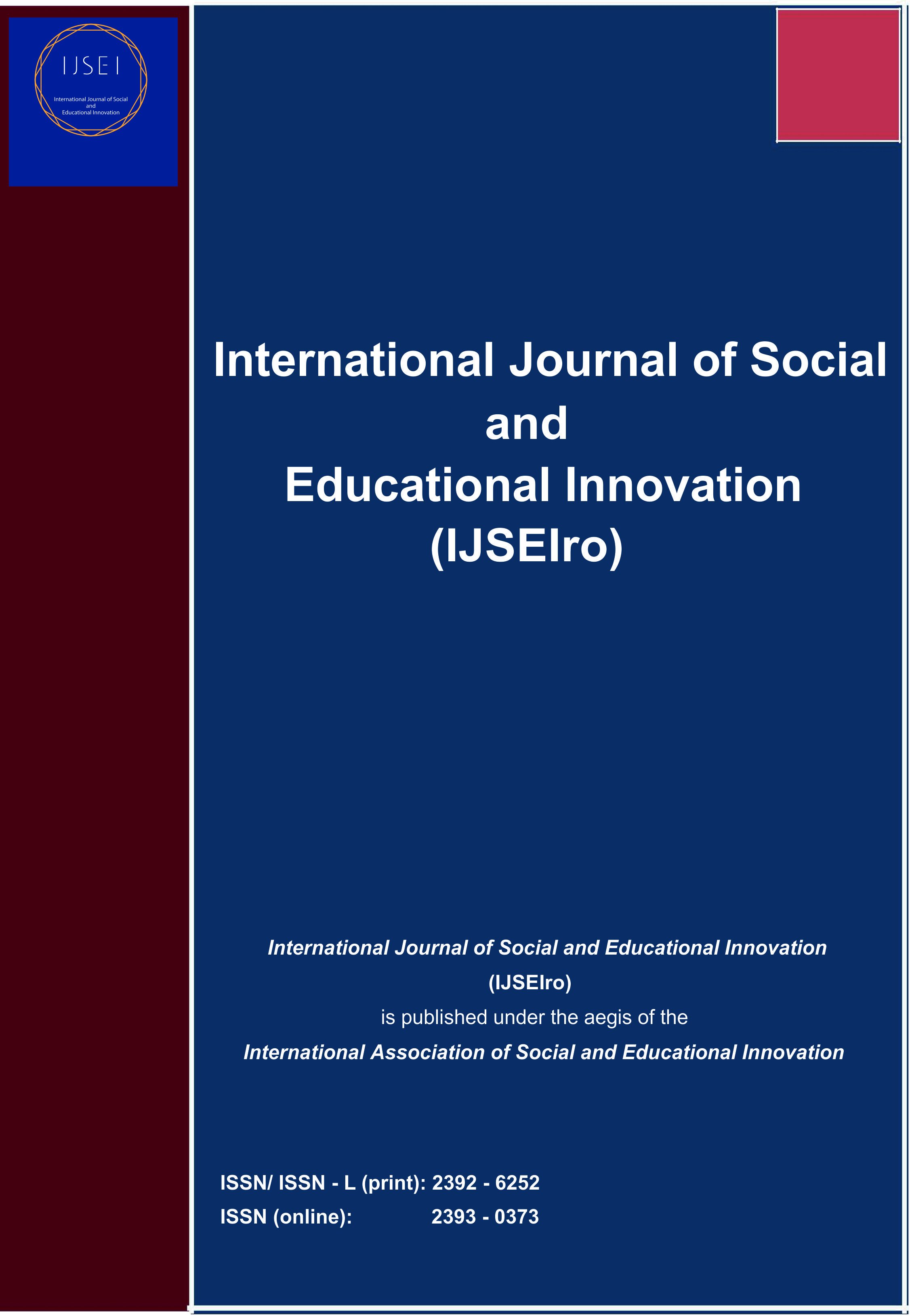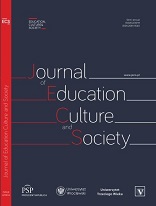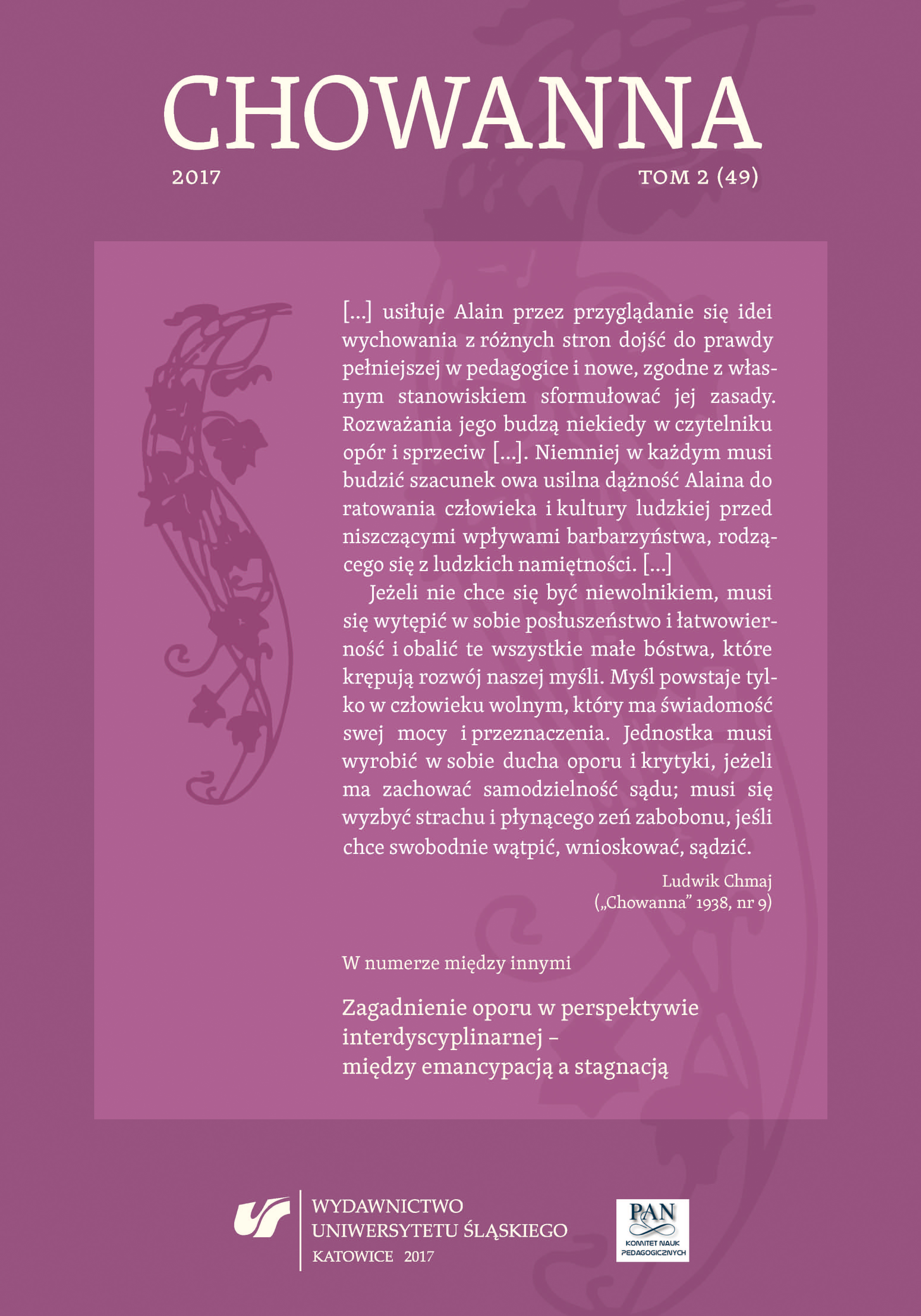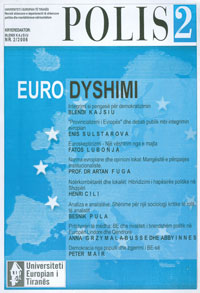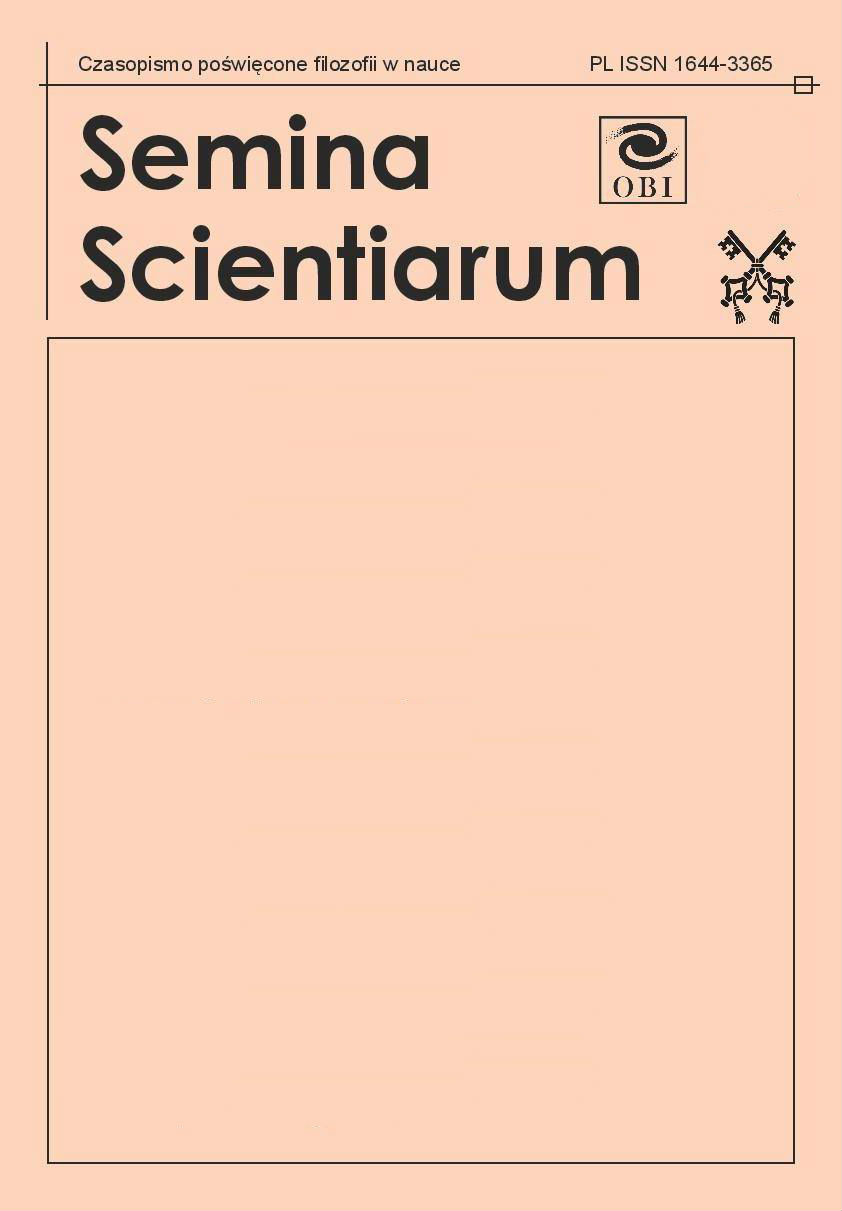
Is normal science good science?
“Normal science” is a concept introduced by Thomas Kuhn in The Structure of Scientific Revolutions (1962). In Kuhn’s view, normal science means “puzzle solving”, solving problems within the paradigm—framework most successful in solving current major scienti c problems—rather than producing major novelties. This paper examines Kuhnian and Popperian accounts of normal science and their criticisms to assess if normal science is good. The advanta- ge of normal science according to Kuhn was “psychological”: subjective satis- faction from successful “puzzle solving”. Popper argues for an “intellectual” science, one that consistently refutes conjectures (hypotheses) and offers new ideas rather than focus on personal advantages. His account is criticized as too impersonal and idealistic. Feyerabend’s perspective seems more balanced; he argues for a community that would introduce new ideas, defend old ones, and enable scientists to develop in line with their subjective preferences. The paper concludes that normal science has no one clear-cut set of criteria encompassing its meaning and enabling clear assessment.
More...
